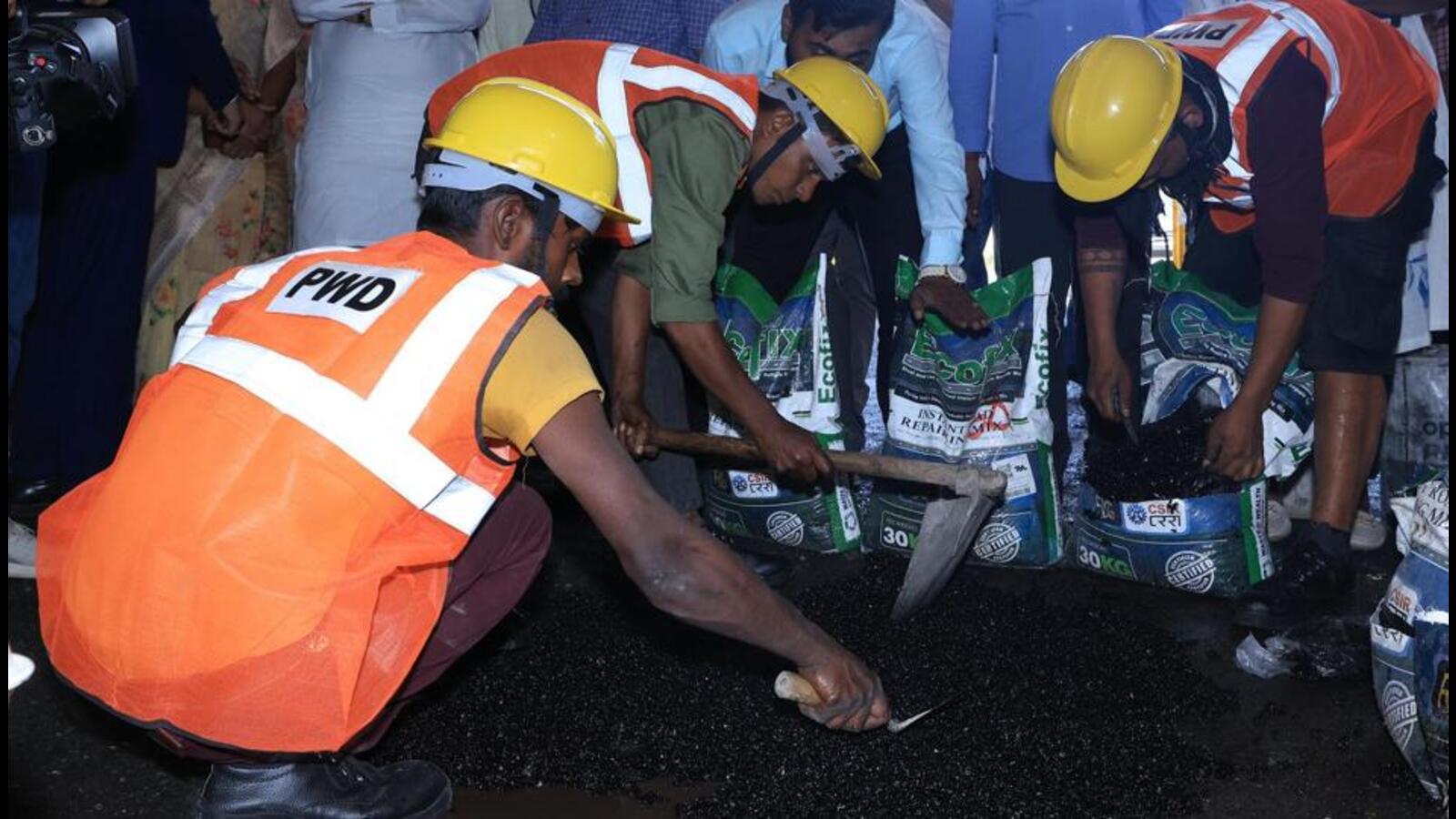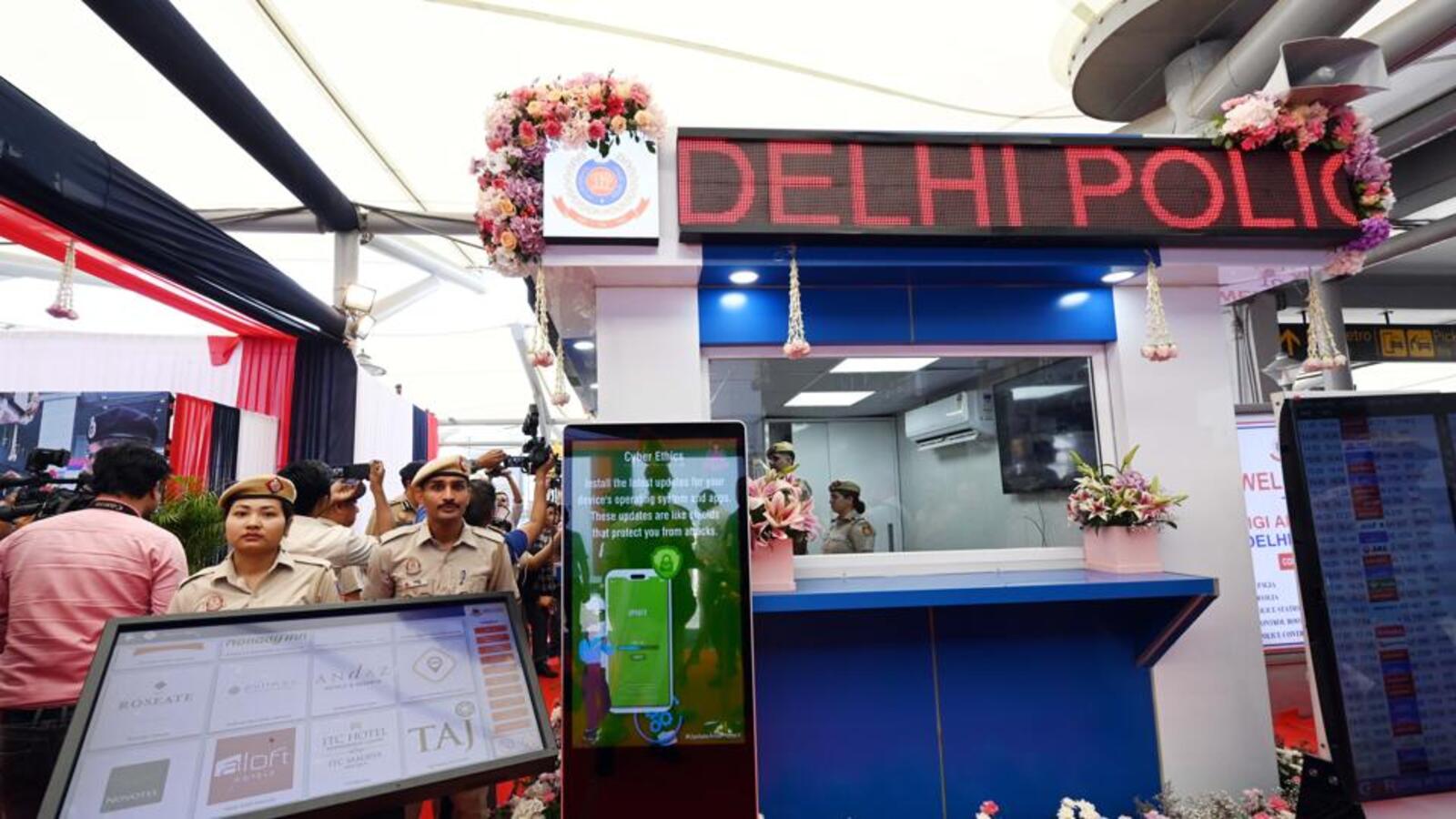New Delhi

The Delhi government on Saturday signed a memorandum of understanding (MoU) with the Union ministry of health and family welfare to implement the Ayushman Bharat Pradhan Mantri Jan Arogya Yojana (AB PM-JAY) scheme in the Capital. Officials said Delhi is the 35th state or Union territory to implement the scheme.
Officials said that the distribution of Ayushman Bharat cards will begin from April 10. The MoU was signed between the state government and the National Health Authority, the nodal agency responsible for implementing the Ayushman Bharat scheme nationwide.
Speaking on the occasion at Rang Bhawan in Delhi, Union health minister JP Nadda, said that this scheme is an “assurance” scheme as it is built on trust and not an insurance scheme. “It is a moment of pride that the world’s largest health coverage scheme, which has been in place across 34 states and UTs in the country, is finally being implemented in the national capital as well,” Nadda said.
The implementation of the Ayushman Bharat scheme was a bone of contention between the Bharatiya Janata Party (BJP) government at the Centre and the Aam Aadmi Party (AAP) government in Delhi.
Union minister Nadda hit out at the AAP’s mohalla clinics, terming them “boxes” in which the poor were subjected to injustice. “People have great power in their fingers, because if the button is pressed at the right place, then the ‘Ayushman Bharat Yojana’ is launched and if it is pressed at the wrong place, then instead of medicine and liquor are distributed,” Nadda said.
“The Kejriwal government kept the people of Delhi deprived of the Ayushman Bharat Yojana for 10 years and shamelessly blamed the Government of India for its failure,” said Nadda.
Delhi chief minister Rekha Gupta said, “People of Delhi were waiting for the scheme to get implemented. Due to lack of treatment facilities, people of Delhi were dying… But now, through Ayushman, people of Delhi can get treatment in private hospitals as well.”
The AAP defended itself, saying Delhi people deserved “continuity” and not disruption for “political point-scoring”.
“Under Ayushman Bharat, if you have a fridge or an AC at home, you’re excluded from the scheme. Has the BJP even assessed how many people in Delhi — where the per capita income is nearly 3.5 times the national average, thanks to an honest AAP government — would actually qualify for it?” the AAP said in a statement.
The plan
Under the scheme, eligible families in Delhi will receive annual health coverage of up to ₹10 lakh. This will provide health coverage to all eligible senior citizens, irrespective of all pre-existing diseases, from Day One.
“With around 30 lakh people belonging to over 6.5 lakh families and an estimated 6 lakh senior citizens, about 36 lakh people in Delhi will be benefitted by the Ayushman Bharat PM-JAY scheme,” Nadda said.
In Delhi, 46 private and 34 government hospitals have been empanelled under the scheme, officials aware of the matter said. “The training for doctors at these hospitals will be done in two phases and will start before April 10,” an official said.
Under the scheme, Delhi residents can get cashless treatment for 1,961 medical procedures across 27 specialities. This also includes the cost of medicines, diagnostic services, hospitalisation, ICU care, and surgeries, among others.
CM Gupta said: “Citizens can go to 30,957 hospitals across the country to get treatment. If a resident of Delhi wants to get their treatment in Bengaluru or Mumbai, they can go to any of these hospitals that are part of the scheme list. To further improve health services, 24 new hospitals will soon be completed in Delhi, 17,000 new beds will be available and 400 Ayushman Arogya Mandirs will be started.”
The event held at Rang Bhawan in Delhi on Saturday was attended by Delhi chief minister Rekha Gupta, Union health minister JP Nadda, Delhi health minister Pankaj Singh, along with other Delhi ministers and members of parliament.
According to the NHA, the selection of people for enrolment under the scheme will be done based on the socioeconomic and caste census (SECC), 2011.












Leave a Reply